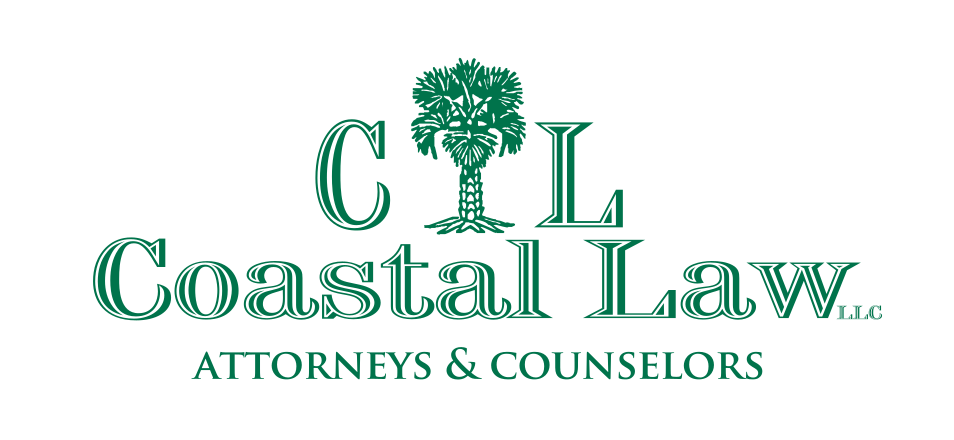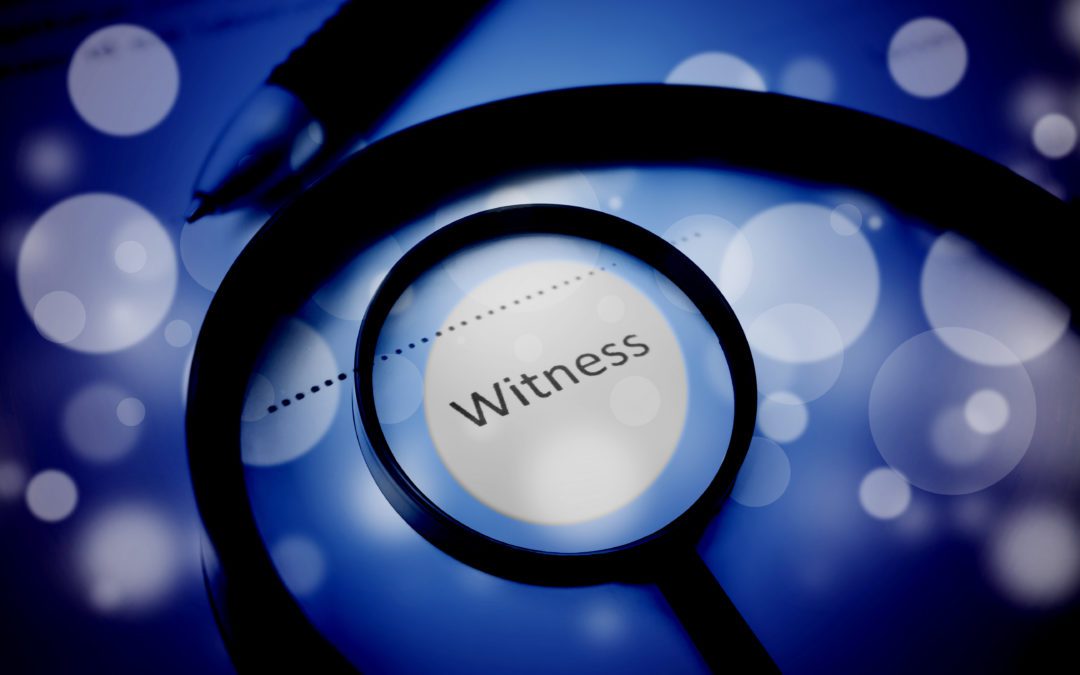Well-meaning eyewitnesses have helped to send thousands of innocent people to jail.
Some witnesses just lie, but most of them don’t intend to finger the wrong person – they fall victim to a combination of pressure from police and prosecutors, the flawed nature of human memory, and poorly designed identification procedures.
In many locations, including South Carolina, law enforcement agencies will not make much-needed changes to their procedures – despite the overwhelming evidence that the changes are needed – unless laws are passed to require the reforms.
Louisiana has become the latest state to require police to adopt new procedures that are designed to make the eyewitness identification process more reliable.
Is There Really A Problem with Eyewitness Identifications?
Absolutely. Consider this:
- Of the 356 people exonerated by DNA testing since 1989, 70 percent were convicted based on the testimony of at least one eyewitness, according to the Innocence Project; and
- Of the 2,000 people exonerated for any reason since 1989, 73 percent of the convictions involved misidentifications, according to the National Registry of Exonerations.
In recent decades, hard data and real science have demonstrated conclusively that eyewitness identifications, without the proper safeguards, results in wrongful convictions and innocent persons being locked up in prisons.
What are “Best Practices” for Eyewitness Identifications?
The new Louisiana law requires law enforcement officials to use “best practices” that are based on years of research.
These practices include:
- Double-blind lineups: A lineup should be administered by an officer who is not a primary investigator on the case and who does not know the identity of the suspect. Research shows this ensures the administrator doesn’t unintentionally give verbal or nonverbal cues to the eyewitness. It also decreases any pressure a witness feels to pick a particular person;
- No-pressure instructions: The administrator should tell the witness that the suspect may or may not be in the lineup. When witnesses believe the perpetrator is definitely among the people in the lineup, they feel a lot of pressure to point the finger at somebody;
- Lineup structure: The administrator should make sure the suspect doesn’t stand out and that non-suspects used in the lineup are chosen based on a resemblance to the witness’s description rather than a resemblance to the detective’s suspect;
- Documentation: All lineups should be recorded on video. If for some reason this can’t be done, the process should be documented with an audio recording or a written record; and
- Confidence statement: Immediately after the lineup, the administrator should take a statement from the witness detailing their level of confidence in the identification they made. This helps police, jurors, and even the witness determine how much stock should be put into the identification.
Why Can’t We Just Believe What Witnesses Say?
The American Psychological Association, The Innocence Project, and other groups have been urging law enforcement officials nationwide to adopt best practices for eyewitness identification for years. Only a handful of states, including North Carolina, have made such changes.
The best practices grew out of research by people like psychologist Elizabeth Loftus, whose findings show that memory does not work like a video recorder.
Researchers have shown that is not difficult to produce false memories in people. And, even when a memory is based on real events, it can be changed and modified by:
- The passage of time;
- Exposure to new information since the event occurred; and
- The way we are asked to remember, who asks us to remember, and why we are being asked to remember.
Criminal Defense Firm in Myrtle Beach, Conway, Columbia, and Charleston, SC
If you’ve been charged with a crime based on an eyewitness identification, you may be able to challenge the reliability of the identification based on law enforcement’s failure to use best practices in the eyewitness identification procedure, but it’s an uphill battle. South Carolina needs to follow in the footsteps of Louisiana and other states to pass legislation – based on science – that ensures reliability in eyewitness identifications.
Your criminal defense attorney at Coastal Law will review all evidence in your case, challenge any unreliable evidence, and help you to retain the right experts when needed to analyze the state’s evidence and testify at your trial when needed.
Call Coastal Law now at (843) 488-5000 or send us a message to set up an appointment to discuss your case and find out how we can help.


